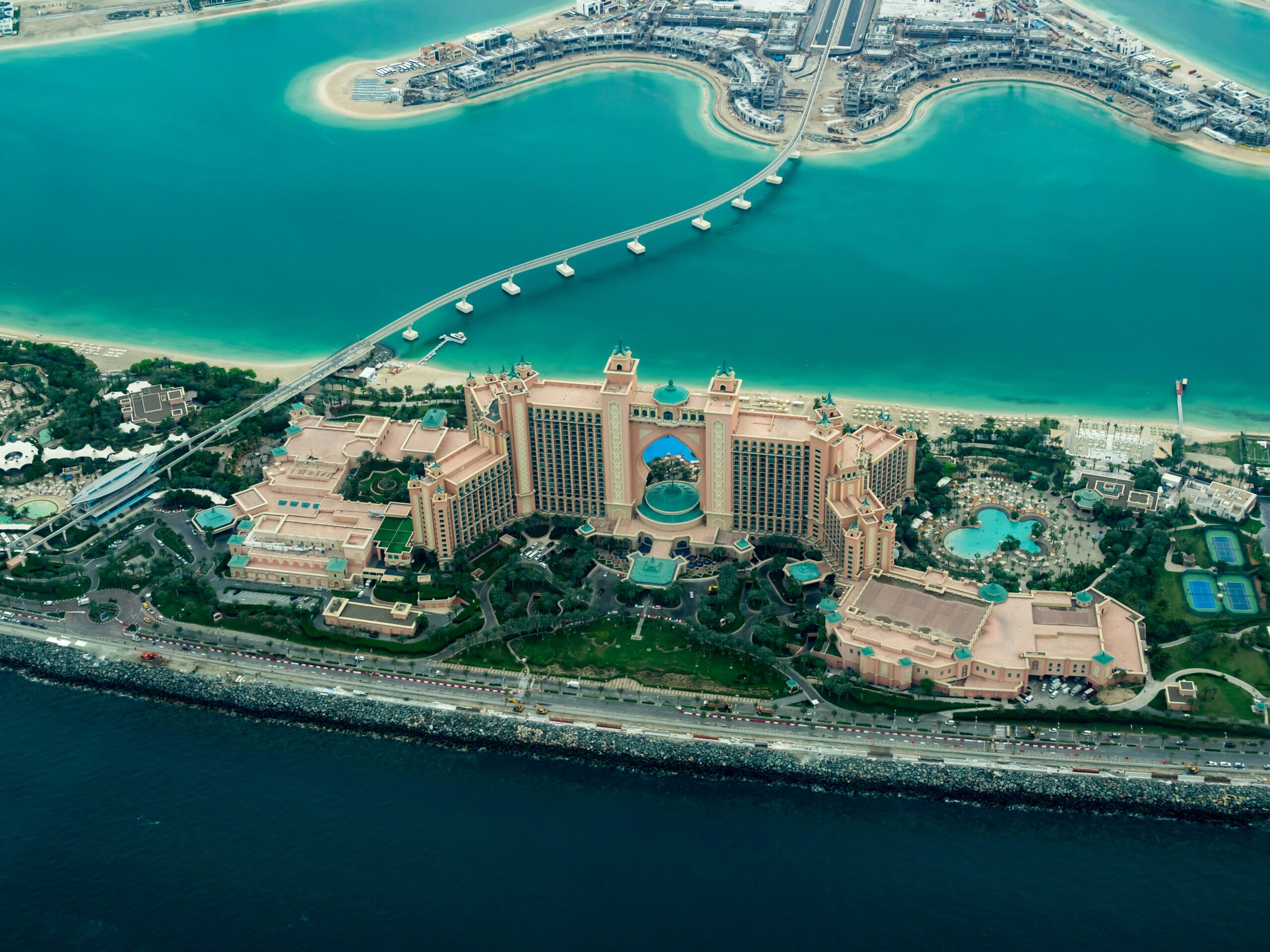
When investing in real estate, understanding the local property laws is crucial. These laws, along with taxation policies, play a significant role in determining where an investor can achieve maximum returns. In recent years, Dubai, known as the infrastructure capital of the Middle East, has emerged as one of the world’s leading real estate hubs. The emirate’s liberal property laws and investor-friendly tax policies are major contributors to this growth. This article will guide you through the key laws and regulations you need to know before investing in real estate in Dubai.
An Attractive Opportunity for Foreign Investors
Foreign nationals are free to purchase real estate in Dubai in specific areas that allow full ownership, like Downtown Dubai, Palm Jumeirah, and Dubai Marina. These zones give buyers complete rights to their property. Owners can sell, rent out, or pass down their property as they wish. But there are specific restrictions and regulations to follow. And these include:
- Register and You are Good to Go
All real property rights must be registered, regardless of the term length. Law No. 7 of 2006 governs land registration, and the Dubai Land Department (DLD) oversees transactions and collects fees. The DLD also issues regulations and guidelines that may contain relevant information about registration fees.
- Dubai Ownership Rights: Freehold versus Leasehold
Freehold allows full ownership of property in Dubai, including the land. At first UAE nationals and GCC citizens could own property. But now Dubai has opened certain areas to foreigners letting them buy property in specific neighbourhoods. Contrary to this, Dubai also provides a unique temporary ownership of properties under the leasehold schemes. This means renting a property for a set period 99 years. It’s not as complete as freehold, but leasehold properties still give you long-term rights to own. You’ll often see these in places where you can’t get freehold properties.
- The DLD: Department of Land and Property in Dubai
The DLD has a big influence on how Dubai’s real estate sector works. It started in 1960 to boost and structure real estate investments and new ideas. The main areas the DLD covers are signing up real estate writing down property rights managing investments and sorting out rental arguments. The DLD sets industry standards, enforces real estate laws, and ensures compliance among developers, brokers, and investors.
- The Interest Rate Structure of the Dubai Real Estate
When borrowing money for a Dubai property, you’ll encounter two primary interest rate types: fixed and variable. A fixed-rate mortgage offers stability with consistent monthly payments, regardless of market fluctuations. On the other hand, a variable-rate mortgage links your interest rate to a benchmark, causing your monthly payments to rise or fall accordingly. Choosing between the two depends on your financial goals and comfort level with potential payment changes.
- Other Legal Requirements
Buying or selling a property in Dubai isn’t just a transaction; it’s a legal journey. To protect everyone involved, there are specific rules to follow. Buyers should do their homework, often with help from a local real estate agent, to make sure the property is clean and free of any hidden problems. Sellers need to be upfront about the property and follow the Dubai Land Department’s guidelines. And to make things official, both buyers and sellers need to get the developer’s okay and register everything with the DLD.
- The RERA Rental law in Dubai
The Dubai Land Department came up with a handy online tool called the Real Estate Regulatory Authority (RERA) Rent Calculator to make sure rental prices stay fair for landlords and tenants alike. You can use it without paying a dime, and it’s a breeze to figure out. Just put in some basic details about your rental property, and you’ll see how much your rent can go up when it’s time to renew your lease. This tool makes sure everyone follows the same rules and stops landlords from jacking up rents. Landlords can only increase rent once a year and must notify tenants 90 days in advance as per local regulations. The online RERA rent calculator can verify if an increase falls within the permissible range.
- Jointly Owned Property in the Emirates of Dubai
Jointly owned property or the JOP is a typical real estate setup in Dubai where several people share ownership of a property. This setup applies to homes, businesses, or mixed-use projects. Owners have sole rights to their own units while sharing ownership and upkeep of shared spaces such as entrance halls, swimming pools, and workout rooms. The Owned Property Law in Dubai sets up rules for these arrangements making sure all co-owners’ rights and duties are safe. This legal system has helped big housing and business communities grow in the emirate.
Conclusion: Dubai’s Property Laws in your Fingertips
In a very laymen’s term, to own property in Dubai like in any other city, you must be of legal age, have a valid passport, and show that you have enough money to buy it. And after that understanding the property laws has got to be the most crucial thing. By familiarizing yourself with the key regulations, from property ownership to tenancy rights, you can navigate the Dubai real estate market with confidence. Remember, while this guide offers a comprehensive overview, it’s always advisable to seek professional legal counsel for specific property-related matters.







